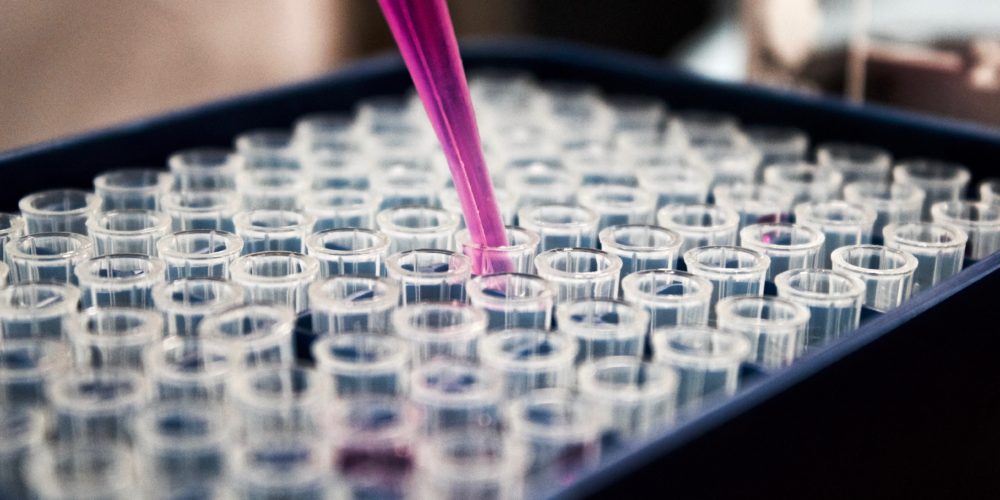
Are there any blood tests for COVID-19?
The blood test for COVID-19, also known as a serology test, looks for the presence of antibodies in the blood but cannot diagnose an active infection. As COVID-19 is an upper respiratory infection, the only way that an active infection can be diagnosed is by detecting viral RNA collected through a nasal swab. COVID-19 antibodies are produced by a person’s immune system to fight the SARS-CoV-2 virus, but linger in the body after the infection has passed.
How does one get COVID-19 antibodies?
Each virus has a unique protein called an antigen on its surface. White blood cells in our body make proteins called antibodies that bind to the antigen in order to destroy it. The COVID-19 antibody blood test searches for antibody proteins produced as an immune response to an infection of the SARS-CoV-2 virus. Once antibodies are produced, the body will produce memory cells to start reproducing antibodies again if the same virus is detected.
How does a COVID-19 blood antibody test work?
A COVID-19 blood test is typically performed as a finger prick or a vein draw to obtain a testing sample. This can be performed at a laboratory or at a point-of-care healthcare setting, like a pharmacy or a doctor’s office. The turnaround time for the COVID-19 antibody test results varies depending on the setting. A rapid test can have results in as little as 15 minutes, or a test could take several days if the sample needs to be sent away.
Also known as a serology test, the COVID-19 antibody test searches for IgG or IgM proteins in a person’s blood. When people ask about the range for IgG and IgM testing, what they really want to know is how to tell if they’re positive or negative. Fortunately, providers are able to provide very clear results without bogging it down with technical numbers. Most antibody tests will simply state either positive or negative.
What does a positive COVID19 serology test mean? A COVID-19 positive test result for the serology test means that enough antibodies have been found to suggest that you have previously been infected with COVID-19. It is possible to receive a false-positive test result depending on the sensitivity of the test and the level of infection in the community [internal link to accuracy blog].
Who should get a COVID-19 antibody test?
Each state has different rules on eligibility for testing, so be sure to check with your local health department to see if you are eligible and your insurer to see if the test will have a cost. You should also consult with your physician to determine if a COVID-19 antibody test makes sense with your specific case. Individuals must be asymptomatic and should be at least three weeks past the onset of illness if they had or suspect an infection in order to receive the most accurate test results possible. How long does it take for COVID19 antibodies to fade? Scientists don’t know for sure, but most estimate that they are detectable for at least several months. A person whose suspected or confirmed COVID-19 infection took place more than several months ago may not receive an accurate test result.
BioCollections is here to help you with your COVID-19 testing needs
For COVID-19 testing, you can rely on the experts at BioCollections Worldwide. We have worked for over two decades perfecting rapid infectious disease testing as well as other essential tests utilized by doctors and private individuals. As the first lab testing for COVID-19 in the United States, and the first drive-through COVID-19 testing provider in Miami, Florida, we take our responsibility to give fast, accurate, and reliable results seriously.
Our on-demand COVID-19 PCR testing services are located in Florida, California, Nevada, and Puerto Rico. With a turn around time of 12 hours on PCR tests, you can rest easy knowing that you will receive accurate results in a timely manner with a trusted and reliable partner. Contact us today to learn more about our testing services and to determine if we can assist you on your healthcare journey.
